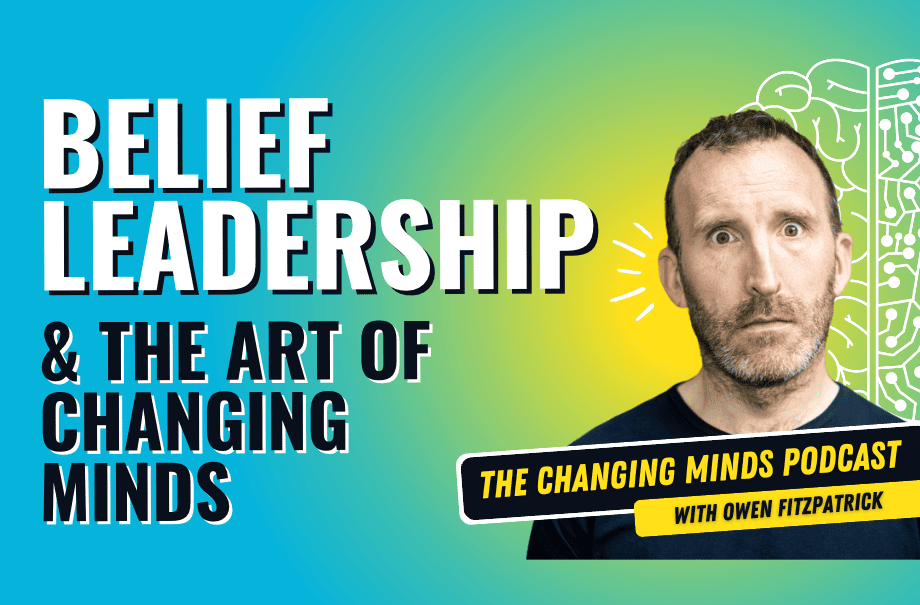Cognitive biases are mental shortcuts that help us conserve energy but often distort our thinking.
By recognizing and understanding these biases, we can become more aware of how our perceptions may be misleading and learn to make more rational decisions.
1. Anchoring Bias:
We rely too heavily on the first piece of information presented to us when making decisions.
Example: In salary negotiations, the first figure sets the tone for all subsequent offers.
2. Availability Bias:
We overestimate the likelihood of events based on how easily they come to mind.
Example: Overestimating the risk of a plane crash after seeing one on the news.
3. Negativity Bias:
We focus more on negative events or information than positive.
Example: Fixating on a single bad review among many positive ones.
4. Recency Bias:
We place more importance on recent events than on earlier ones.
Example: Judging a team’s performance solely on their latest game, forgetting the rest of the season.
5. Mere Exposure Effect:
We develop a preference for things simply because they are familiar to us.
Example: Choosing a brand you’ve seen advertised repeatedly.
6. Clustering Illusion:
We see patterns in random events or data that don’t actually exist.
Example: Believing a lucky number influences outcomes, like in gambling.
7. Halo Effect:
One positive trait influences our overall perception of a person or thing.
Example: Assuming someone is more competent because they are well-dressed.
8. Horns Effect:
The opposite of the halo effect, where one negative trait skews our entire perception negatively.
Example: Assuming someone is dishonest because they were late to a meeting.
9. Illusion of Control:
We overestimate our ability to control outcomes that are largely out of our control.
Example: Using a lucky charm during a sports game to “influence” the result.
10. Curiosity Bias:
We are drawn to novel or exciting information, even if it’s not practical.
Example: Chasing the latest technology trends, even if they don’t add value.
11. Illusory Truth Effect:
We are more likely to believe something if we hear it repeatedly.
Example: Falling for misinformation after seeing it on social media multiple times.
12. Conformity Bias:
We tend to behave in line with those around us, often due to social pressure.
Example: Agreeing with a group’s opinion in a meeting, even if you disagree.
13. Spotlight Effect:
We overestimate how much others are focusing on us.
Example: Feeling self-conscious about a minor wardrobe malfunction, assuming everyone notices.
14. Selective Perception:
We perceive information that aligns with our preexisting beliefs and ignore conflicting data.
Example: Interpreting political news in a way that supports our existing political views.
15. Availability Cascade:
A self-reinforcing cycle where the repeated exposure to an idea makes it seem more credible.
Example: Believing a health scare is more common because it’s frequently mentioned in the media.
16. Pratfall Effect:
People become more likable when they make small, relatable mistakes.
Example: Finding a speaker more relatable after they fumble with their notes.
17. Contrast Effect:
Our perception of something is influenced by comparison to nearby items or experiences.
Example: Finding a mid-priced item cheap after looking at an expensive one.
18. Mere Ownership Effect:
We value things more highly simply because we own them.
Example: Pricing a used item higher when selling it, even though we wouldn’t pay that much for it ourselves.
19. Change Blindness:
We fail to notice visual changes in our environment when they occur gradually.
Example: Not noticing a friend’s slow weight loss over time.
20. Inattentional Blindness:
We fail to notice an unexpected object because we are focused on something else.
Example: Missing an obvious detail while concentrating on a task, like the famous “invisible gorilla” experiment.
21. Attentional Bias:
We focus more on certain types of information while ignoring others.
Example: Paying more attention to negative health news if we’re anxious about our health.
Podcast: Play in new window | Download







